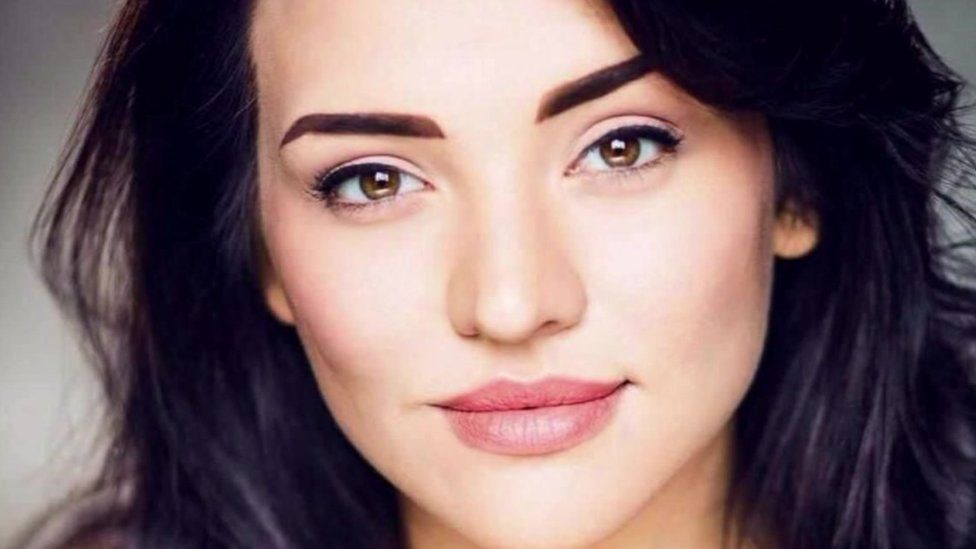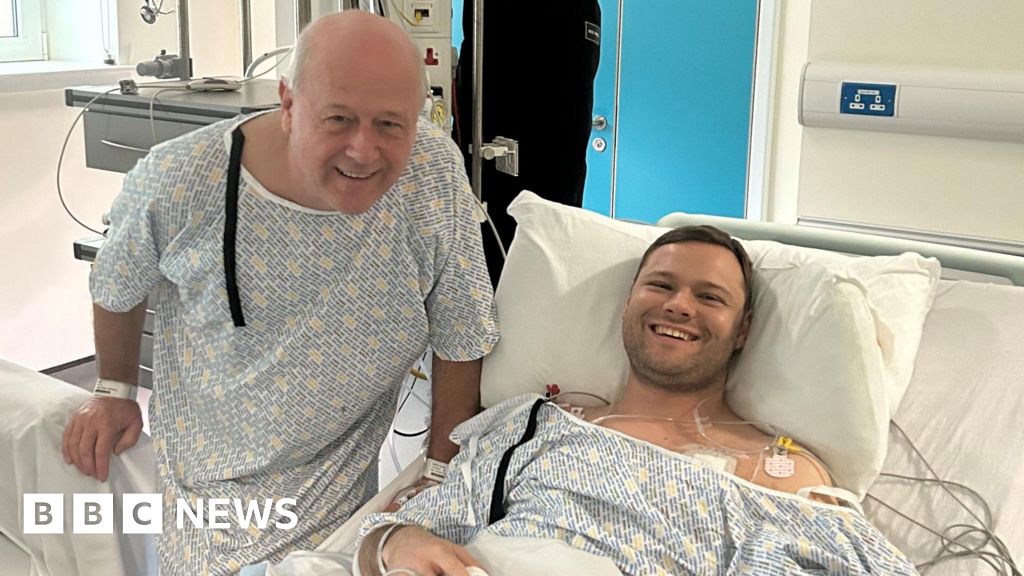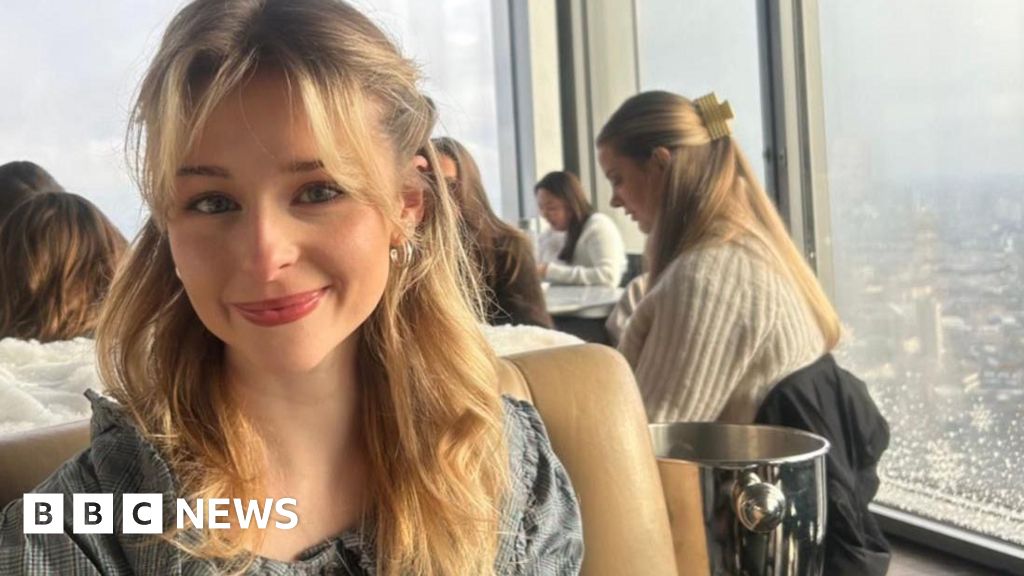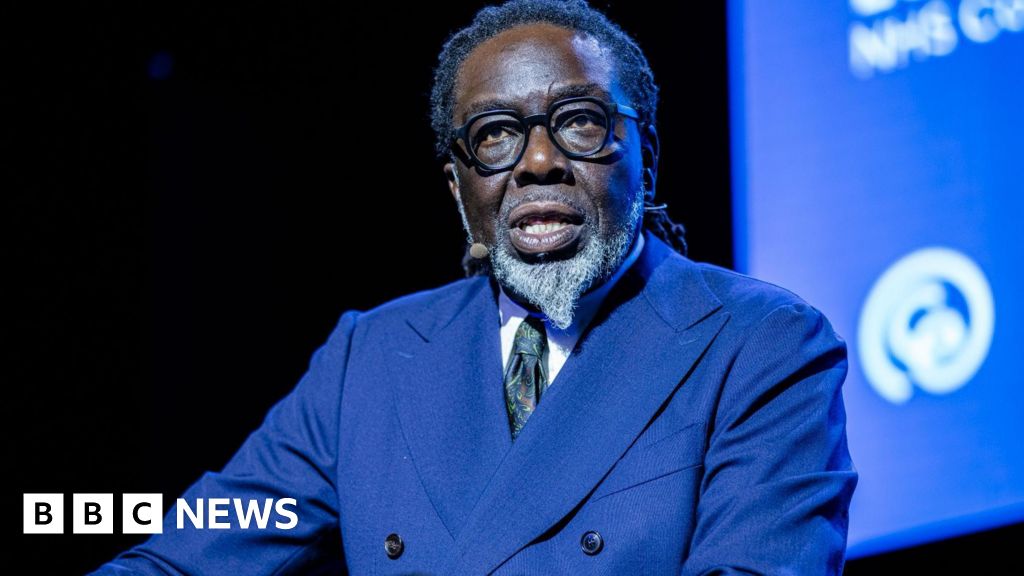ARTICLE AD BOX
 Image source, Family handout
Image source, Family handout
Emily Chesterton was unaware that she had not seen a GP, her mum said
By Abbie Jones
Social affairs correspondent, BBC North West
The mother of a woman who died after a misdiagnosis by an NHS worker she mistakenly believed was a GP has called for better patient protection.
Emily Chesterton, from Salford, died after being seen twice by a physician associate, a role which the NHS said supports doctors in diagnosis.
The 30-year-old, who lived in London, was told her calf pain was a sprain, when she actually had a blood clot.
Her mother Marion said more regulation was needed around physician associates.
The actress, who was originally from Worsley, went to The Vale Practice in Crouch End in October 2022.
She believed she was speaking to a GP about her symptoms, but instead saw a physician associate, who gave a diagnosis of a sprained ankle.
She returned in November and highlighted her additional symptoms of shortness of breath and a swollen and hot leg.
At that appointment, the physician associate prescribed anxiety medication.
Ms Chesterton collapsed later that day and died in hospital on 8 November, three weeks after she first sought medical advice.
At her inquest in March, the coroner concluded that after presenting with her symptoms, she "should have been immediately referred to a hospital emergency unit".
They said it was likely that she would have then been "treated for pulmonary embolism and would have survived".
Marion Chesterton said physician associates should be given a different name to clarify their standing
Her mother Marion told BBC North West Tonight her daughter "didn't know she hadn't seen a doctor".
"Physician associate sounds grander than a GP," she said.
"If I had known earlier that she had not seen a doctor, I would have marched back to the surgery or gone straight to hospital.
"I didn't, because she trusted she had seen a doctor - I feel so guilty now."
She said she only found out her daughter saw a physician associate a week before the inquest, which had left her "devastated".
A serious incident review by the London practice found Ms Chesterton was never told she was not speaking with a GP.
Her mother said there needed to be more regulation around physician associates and added that the role to be renamed to avoid confusion.
"We went from coming down to see her for her 30th birthday to her dying in my arms," she said.
"We need there to be no more Emilys."
Image source, BBC/Flying Colours
Image caption,Mrs Chesterton's MP Barbara Keeley said the case raised "serious questions about the wider use of physician associates"
About 3,000 physician associates work in the NHS, who support GPs in diagnosing and managing patients under the supervision of a doctor.
The NHS's website said those applying for the role need to either be a graduate with a "bioscience-related" degree or a "registered healthcare professional", such as a nurse or midwife, and training takes about two years, involves "many aspects of an undergraduate or postgraduate medical degree" and focuses "principally on general adult medicine in hospital and general practice".
Barbara Keeley, the Labour MP for Worsley and Eccles South, recently raised Ms Chesterton's case in the Commons.
She said it raised "serious questions about the wider use of physician associates in the NHS, and particularly about allowing the provision of unsupervised one-to-one consultations in general practice".
Stressing the need for a national register, she said the person who saw Ms Chesterton had been dismissed from the practice, but was still working as a locum.
A Department of Health and Social Care spokeswoman said the NHS Long Term Workforce Plan made it "clear that physician associates can provide vital support in providing medical care" and can free up doctors "to focus on tasks only they are qualified to do".
Why not follow BBC North West on Facebook, Twitter and Instagram? You can also send story ideas to northwest.newsonline@bbc.co.uk
Related Internet Links
The BBC is not responsible for the content of external sites.

 1 year ago
47
1 year ago
47








 English (US) ·
English (US) ·